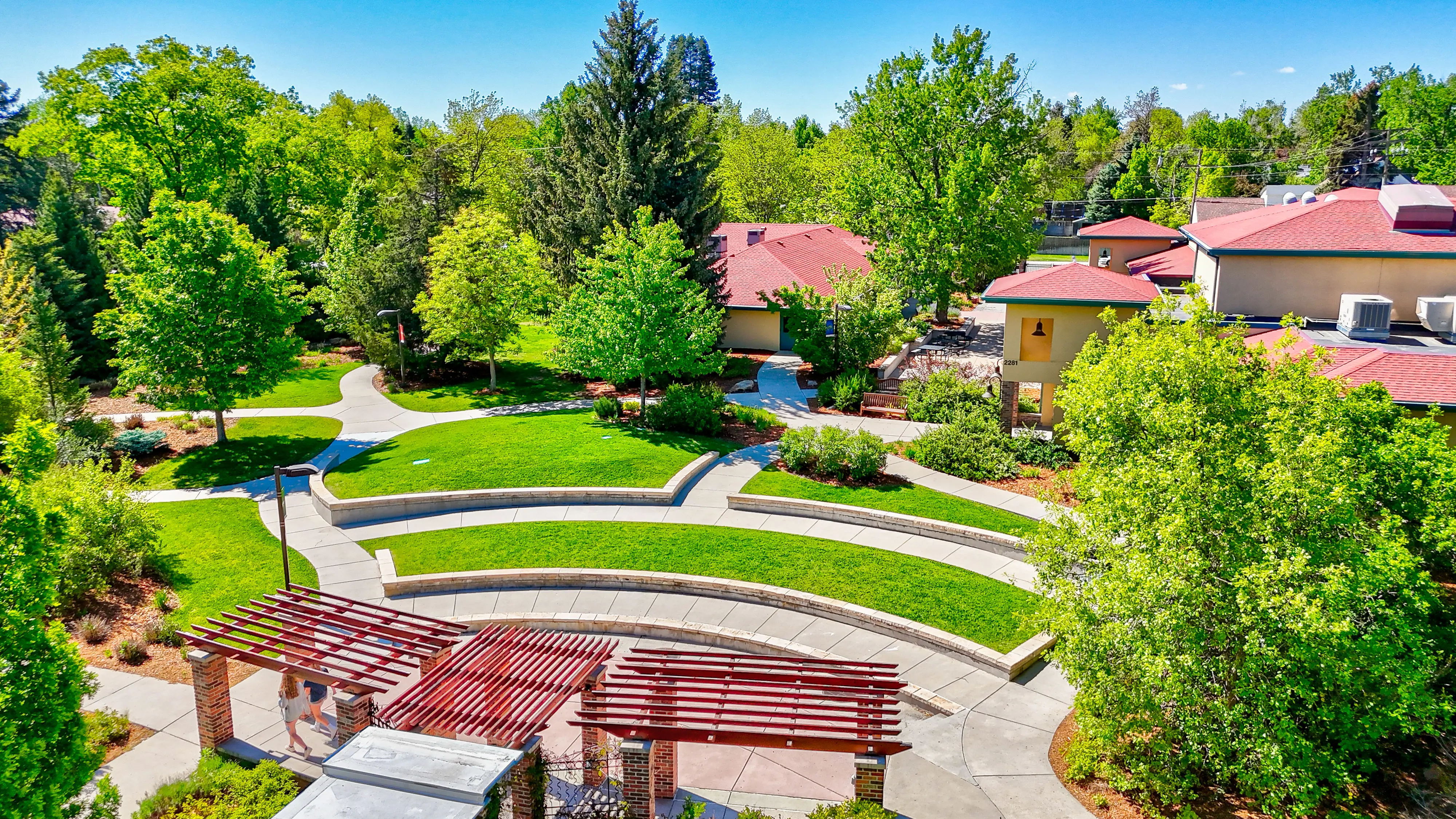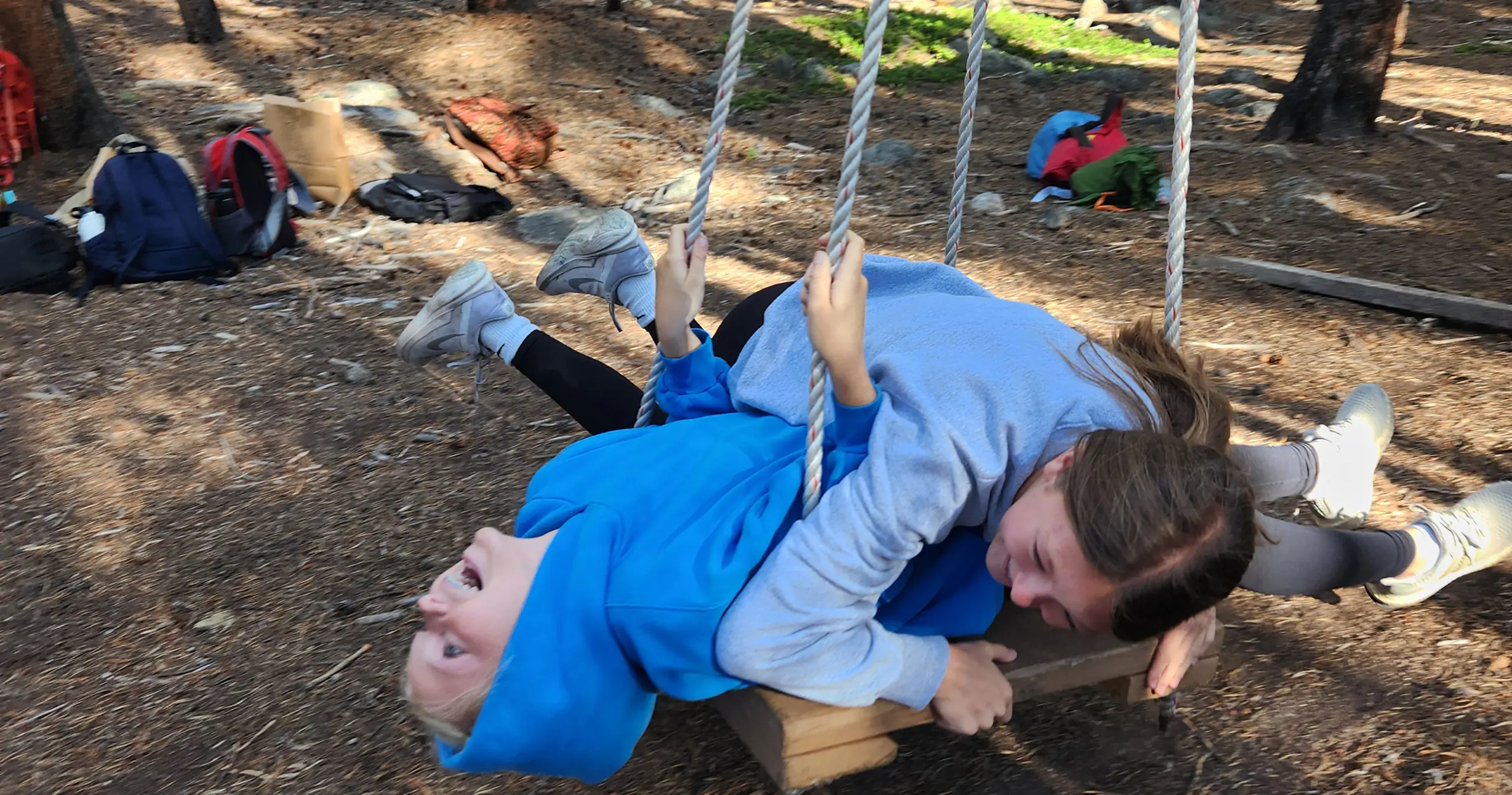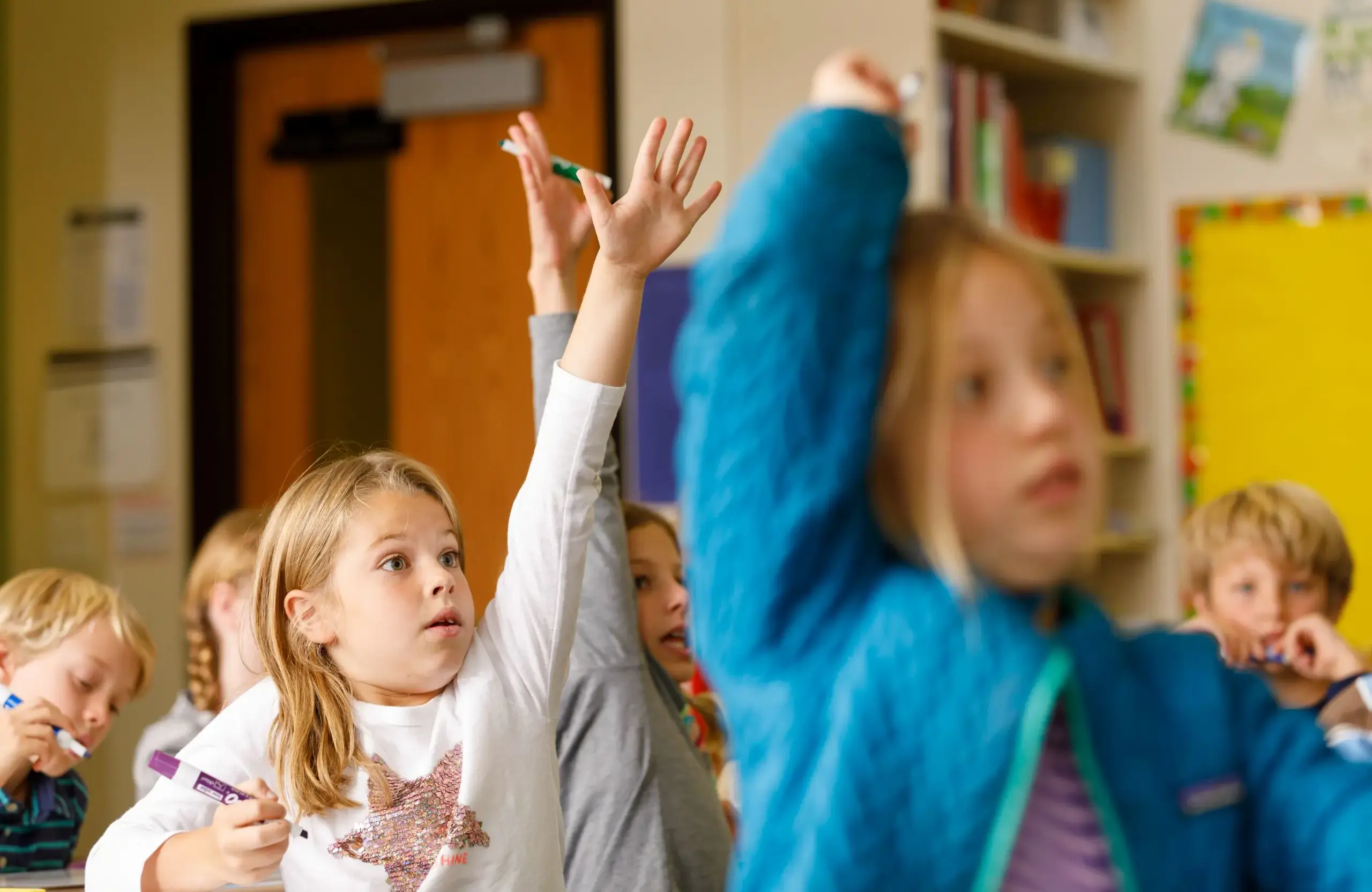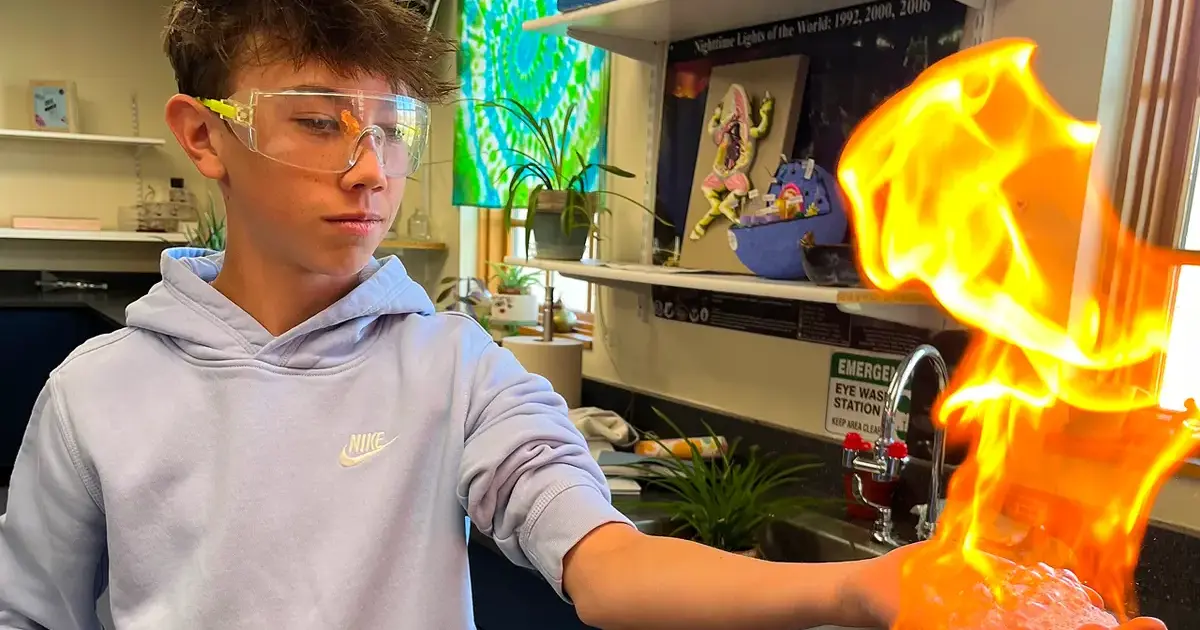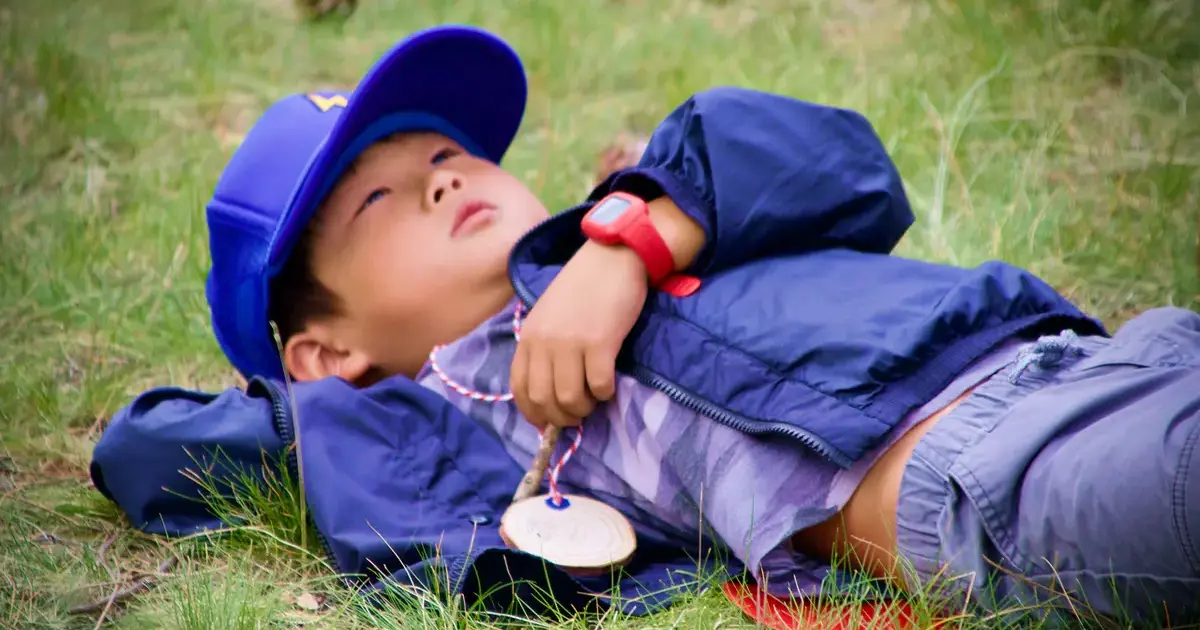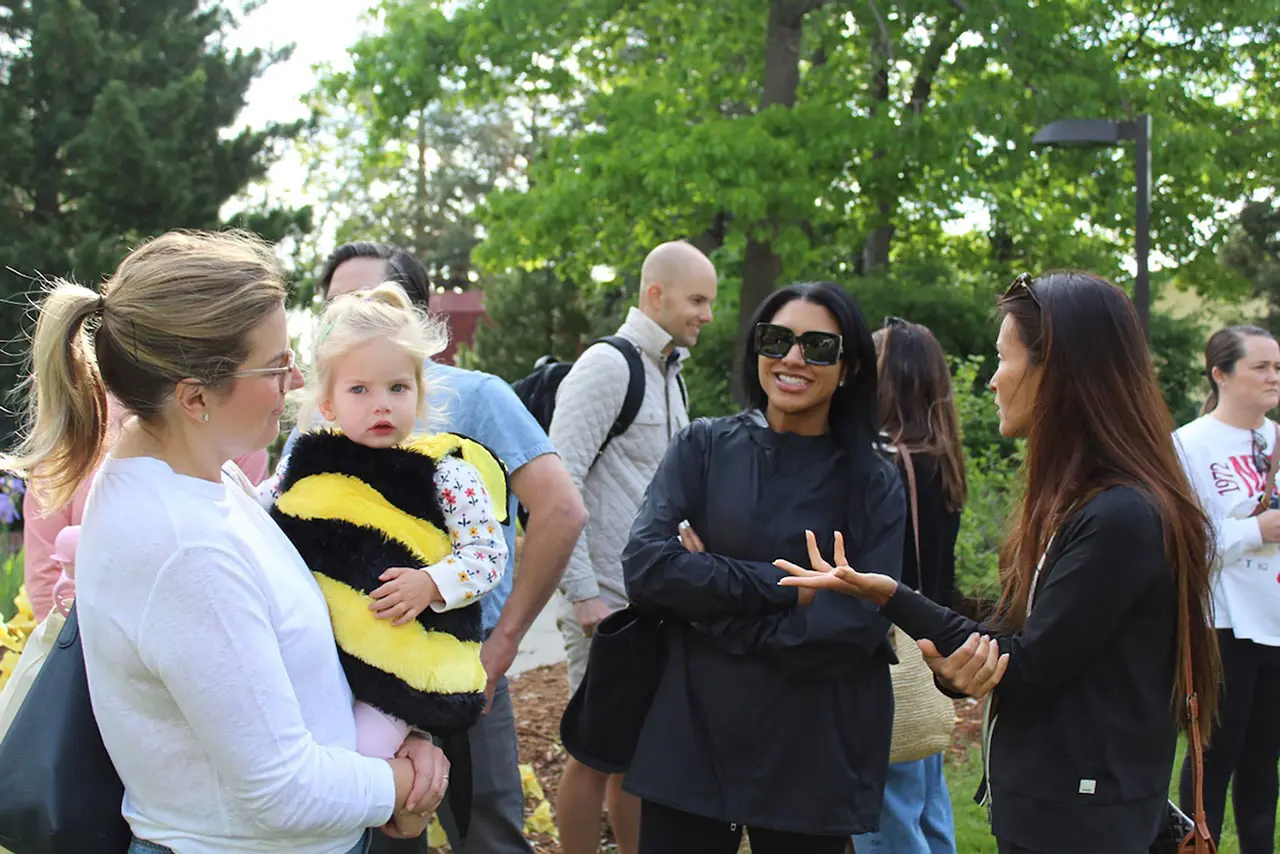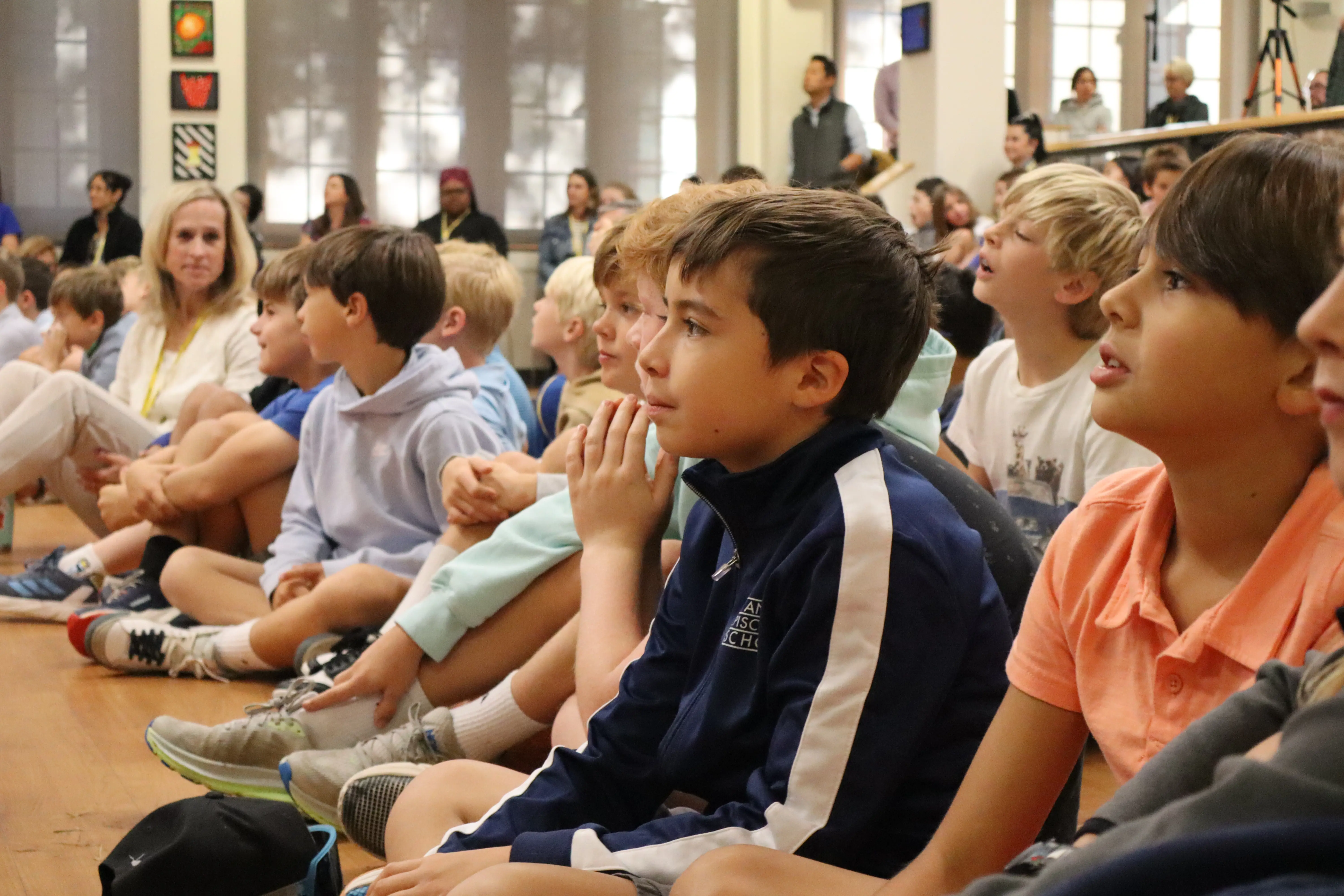Seventh Grade Overview
| 7th Grade English |
|---|
|
Students in 7th-grade English work in a blended workshop model. Whether we are focused on reading or writing, you will see it almost every day in our classroom. The graph to the left demonstrates a typical day in English class. In the reader's workshop, students are reading self-selected novels in small groups. In the writer's workshop, students are independently writing with the guidance of a teacher and partner. However, because it’s important to build community through literature, we also read “touchstone texts,” which are shared texts that the class reads together. In 7th grade, these include poems, short stories, plays, and novellas. Sometimes, the shared experience will be teacher-directed read-alouds; other times, students will read independently and explore the touchstone text through discussions and written responses. The blended workshop model is a way to create INDEPENDENT and CONFIDENT readers and writers. The writing units of study are meant to bolster students’ confidence and fluency in writing. 7th graders engage in literary analysis and argument, incorporating quotations and intertwining narrative and academic writing into thoughtful personal response letters. They hone narrative and descriptive writing skills through telling both fictional and personal stories as well as by writing poetry. 7th graders learn grammar in context, focusing on understanding grammar through their reading and applying grammar skills in their writing. The reading units of study are meant to shape critical readers who not only have strong reading fluency but also pause throughout the text to annotate and analyze literary elements such as setting, theme, character development, and symbolism. Students develop independent reading habits through goal setting and determining reading schedules. They demonstrate their critical thinking about literature through note-taking, presentations, and discussions along with short written and creative responses. Reading units focus on genre studies and teach the skills necessary to read within a particular genre. |
| Advanced 7th-grade/Grade-level 8th-grade Math |
|---|
|
Topics Covered:
Advanced 7th-grade and/or grade-level 8th-grade Math is a full Algebra I course that includes a comprehensive exploration of linear and quadratic functions. Teachers employ a variety of strategies aimed at different learning modalities, including kinesthetic, visual, oral, and aural. Students collaborate on a daily basis in solving simple and complex problems. The curriculum is traditional and is based on the McDougal-Littell textbook series written by Larson et al. However, most assignments come from other resources, including IXL, math puzzles, and tailored worksheets. Interactive competitive games are often played to reinforce skills. Students engage in projects that require higher-order thinking skills and collaboration. An example of this is their annual participation in the Stock Market Experience, where inter-class groups collaborate to invest a hypothetical $100,000 in equities and bonds. Their investments follow those markets in real time. Students learn not only about compounding and the time-value of money, but also about key financial concepts such as wealth, capital, and earnings. Students also explore how mathematics is used and misused in the real world. They learn how graphs can be interpreted and misinterpreted, and that this can lead to the marginalization of individuals and groups. Most students progress to a geometry or accelerated geometry course in high school. The 8th-grade math team endeavors to challenge students to problem-solve, collaborate, and apply mathematical skills to the real world while preparing them for the academic rigors of high school. |
| Advanced 6th-grade/Grade-level 7th-grade Math |
|---|
|
Topics Covered:
Pre-Algebra is a full exploration of basic mathematical concepts with variables. Teachers employ a variety of strategies aimed at different learning modalities, including kinesthetic, visual, oral, and aural. Students collaborate on a daily basis in solving simple and complex problems. The curriculum is traditional and is based on the McDougal-Littell textbook series written by Larson et al. However, most assignments come from other resources, including IXL, math puzzles, and tailored worksheets. Interactive competitive games are often played to reinforce skills. Students engage in projects that require higher-order thinking skills and collaboration. An example of this is the investment project, where groups collaborate to invest the maximum allowable Individual Retirement Account (IRA) amount over a hypothetical working life of 40 years. Students not only learn about compounding and the time-value of money, but also key financial concepts such as wealth, risk, and inflation. Students also explore how mathematics is used and misused in the real world. They learn how graphs can be interpreted and misinterpreted, and that this can lead to the marginalization of individuals and groups. In the third trimester, students explore geometry, including one-, two-, and three-dimensional figures. They calculate volume and surface areas of solids by learning how to break down those solids into unit cubes and nets, respectively. |
| 7th Grade Social Studies |
|---|
|
Seventh-grade social studies takes a chronological approach to studying the history of the world through a critical lens. Through this course, students study the impact of geography, culture, and religion on particular areas and time periods. The seventh-grade curriculum builds on knowledge by comparing and contrasting cultures and by examining the causes and effects of events. Students are expected to be knowledgeable of world events and to create connections between the past and modern day. To do this, they analyze past events and make relevant connections to today. At the same time, seventh graders are expected to:
We want our students to be able to reflect and advocate, while being knowledgeable of historical events and their impact on today's society. To help support this goal of advocacy, seventh graders are required to complete weekly current events assignments, in which they summarize a current event and reflect on its significance. Our theme for the year: We investigate the past to inform the future. Work done in seventh-grade social studies is often paired with the seventh-grade English curriculum. |
| 7th Grade Science |
|---|
|
Middle school science is an integration of physical, life, and earth sciences. The cornerstone of our science courses is the many hands-on, minds-on labs, activities, and projects held in small groups in our well-equipped science classrooms. Students learn how to incorporate scientific thinking in both inquiry-based learning and traditional lectures. Assessments are given on a regular basis and include:
Units of study in 7th-grade science include:
|
| 7th Grade World Language |
|---|
|
We want our students to feel confident communicating in an all-Spanish or all-French environment (target language environment) and to become lifelong language enthusiasts. To achieve this, we strive to create a high-interest, supportive classroom environment in which students acquire the language (as opposed to simply learning about the language). We want students to:
Students will be immersed in an environment that maximizes language acquisition. Instead of self-contained lessons on vocabulary topics, students engage with input in Spanish or French in naturally occurring, personalized contexts. For example, students might look at images of kids at school in target cultures. Throughout that conversation, they acquire words and phrases related to clothing, dress codes, and the school calendar, as well as compare their own experience with that of peers in target cultures. By engaging with personalized topics and in the context of authentic communication, students acquire new words and also recycle old ones. |
| 7th Grade Religion |
|---|
|
7th Grade Religion Curriculum: Ethics from a Variety of Perspectives In 7th grade, the curriculum delves into the study of ethics as a branch of philosophy. The focus is on exploring the foundational questions: What is right and wrong? What is good and evil? What is our responsibility to others? How should we make ethical decisions? The course begins by examining different philosophical approaches to ethics, including:
Following the philosophical foundations, the course shifts to religious ethics. Students examine how major religious traditions shape moral codes, exploring ethics from the following perspectives:
Through discussions on ethical dilemmas, such as common situations faced by young people, dilemmas in health, science, and business, students reflect on how different ethical systems influence decisions. These case studies provide practical opportunities for students to apply ethical thinking in real-world contexts. The course is guided by a code of ethics that the students collaboratively develop, encouraging respectful discourse and a safe space for diverse viewpoints. This collective code acts as a framework for navigating ethical discussions throughout the year. The final project involves formulating personal ethics, where each student reflects on their own moral beliefs, their ethical influences, and how they can apply their ethics in everyday life. Students consider how they can act ethically in different environments, both at St. Anne’s and at home. Throughout the year, the course emphasizes:
By the end of the course, students will have a deeper understanding of various ethical perspectives and the tools to formulate and apply their own personal ethics, grounded in their values and the diverse ethical systems explored in the class. |
Physical Education
The ultimate goal of St. Anne’s physical education program is to engage students in developmentally appropriate movement experiences that focus on both learning to move and learning through movement. This program emphasizes a healthy, active lifestyle while promoting safe and cooperative physical activity practices.
| In Developmental Level Three (Middle School): |
|---|
|
Students are given opportunities to participate in activities that encourage fitness, sportsmanship, and the development of leadership.
The core focus of physical education is to foster an appreciation for the value of being physically educated. By doing so, students are encouraged to make informed choices in their future to remain active and fit throughout their lives. |
ADMI
Middle School Art, Drama, Music, Innovations & Design Thinking
Students take at least one trimester each of art, drama, music, and innovations during their middle school career.
| Art |
|---|
|
Students explore many media in this studio art class, including drawing, painting, ceramics, and more. The art skills a student learns from 6th grade to 8th grade may vary based on the curriculum, the specific art classes offered, and the teaching methods employed. However, during these middle school years, students typically:
The middle school years serve as a crucial period for students to build a strong foundation in various art skills, setting the stage for more specialized and advanced studies in high school and beyond. Art education during these years often emphasizes both technical proficiency and the development of a student’s creative and expressive capabilities. |
| Music |
|---|
|
Students learn musical skills from reading music to playing an instrument. This class culminates in a musical performance.
6th-Grade Music
7th-Grade Music
8th-Grade Music
|
| Drama |
|---|
|
Students participate in the trimester drama production, helping with set design, tech crew, and acting. They:
|
| Innovations and Design Thinking |
|---|
|
This class is designed to help each student become an expert in working as an Engineer, Scientist, Innovator, and Technologist to solve real-world authentic problems. Students follow the Design Thinking Process to create prototypes and solutions to address global and local phenomena. Units of Study Include:
Throughout this course, students develop critical thinking skills, creativity, and a deeper understanding of how design and innovation can impact the world around them. They will be encouraged to explore practical, sustainable, and futuristic solutions to challenges facing our community and beyond. |
Math
Placement and Progression
There are three math classes for each grade in middle school: two grade-level classes and one advanced class.
We place students upon their entrance into middle school using both qualitative and quantitative data, and we periodically review placement, especially during the 6th-grade year.
Grade-Level Math Classes Progression:
- 7th Grade: Pre-Algebra
Advanced Math Classes Progression:
- 7th Grade: Algebra I


